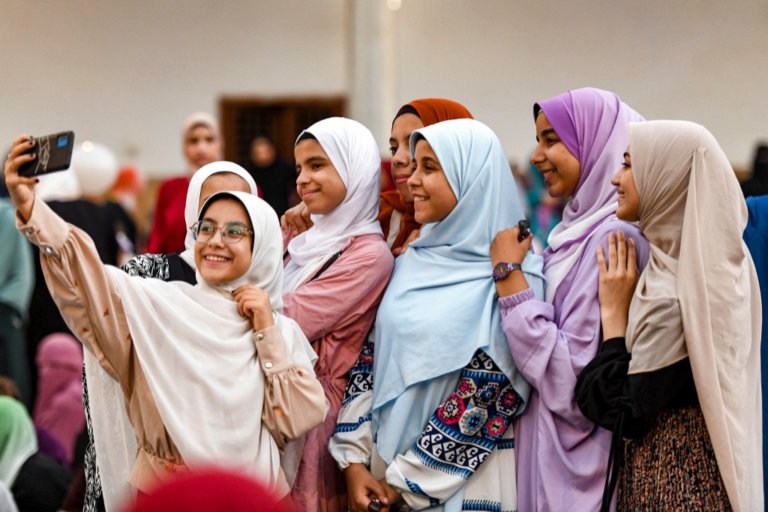
The most religious countries in the world can be assessed based on various factors, such as the level of religiosity among the population, frequency of religious practices, and the influence of religion in daily life and government. Here are eight of the most religious countries, based on these criteria:
1. Egypt
- Religion: Predominantly Islam (Sunni Muslim)
- Religious Practices: Religion plays a central role in everyday life. The country has a significant Muslim population, and Islamic traditions and practices, such as fasting during Ramadan and daily prayers, are deeply ingrained in the culture.
- Religious Influence: The government and laws are heavily influenced by Islamic principles, with Sharia law impacting various aspects of governance and society.
2. India
- Religion: Hinduism, Islam, Christianity, Sikhism, Buddhism
- Religious Practices: India is the birthplace of Hinduism and has a large number of religious festivals, pilgrimages, and practices observed across the country. Hinduism dominates, but India also has large Muslim and Christian communities.
- Religious Influence: Religion is an integral part of political and social life, with religious diversity and practices shaping public life and festivals.
3. Saudi Arabia
- Religion: Islam (Sunni Muslim, with a significant minority of Shiite Muslims)
- Religious Practices: As the birthplace of Islam, Saudi Arabia is home to the two holiest cities in Islam, Mecca and Medina. Religious practices, such as daily prayers, fasting during Ramadan, and the Hajj pilgrimage, are central to daily life.
- Religious Influence: The country follows strict interpretations of Islamic law, and religion heavily influences its legal system and societal norms.
4. Indonesia
- Religion: Islam (predominantly Sunni Muslim)
- Religious Practices: Indonesia has the largest Muslim population in the world, and Islam is an essential part of the country’s identity. Religious practices, such as fasting during Ramadan and daily prayers, are widespread across the population.
- Religious Influence: Religion influences politics and daily life, and Islamic holidays are widely observed.
5. Pakistan
- Religion: Islam (predominantly Sunni Muslim)
- Religious Practices: Pakistan is an Islamic republic, and religious practices like daily prayers, fasting, and pilgrimage to Mecca are central to the culture.
- Religious Influence: Islamic principles significantly influence the country’s legal system, education, and politics.
6. Afghanistan
- Religion: Islam (predominantly Sunni Muslim)
- Religious Practices: Afghanistan has one of the highest levels of religious observance in the world. Daily prayers, fasting during Ramadan, and the observance of Islamic holidays are routine practices for most people.
- Religious Influence: The government and society are deeply shaped by Islamic traditions, and the Taliban regime has reinforced strict interpretations of Sharia law.
7. Iran
- Religion: Islam (predominantly Shiite Muslim)
- Religious Practices: Iran is a theocratic republic where religion plays a dominant role. Islamic practices such as daily prayers, fasting, and pilgrimage are central to life.
- Religious Influence: The legal system is based on Sharia law, and religious leaders hold significant political power, influencing both governance and the lives of citizens.
8. Israel
- Religion: Judaism, with significant populations of Muslims and Christians
- Religious Practices: Israel is a center of Jewish religious practice, with numerous religious holidays, pilgrimages, and customs observed. It also has a large Muslim and Christian minority, each with their religious practices and holidays.
- Religious Influence: Israel’s policies and government are heavily influenced by Jewish religious principles, and the country is home to the most significant religious sites for Judaism, Christianity, and Islam.
Conclusion:
These countries are among the most religious in terms of the influence and practice of religion in daily life, governance, and societal norms. While the dominant religions vary from Islam to Hinduism and Judaism, each country has a deep connection to its religious traditions.